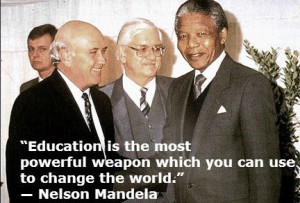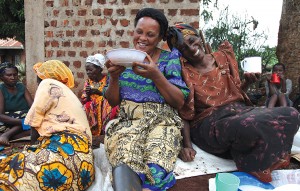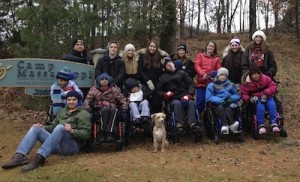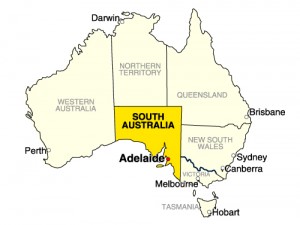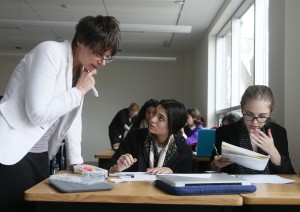 The recent release of PISA data has caused quite a stir in education circles and beyond. PISA is the acronym for the international organization that every five years tests 15-year-old students in 65 countries on core literacy and math skills (i.e., the Programme for International Student Assessment of the OECD).
The recent release of PISA data has caused quite a stir in education circles and beyond. PISA is the acronym for the international organization that every five years tests 15-year-old students in 65 countries on core literacy and math skills (i.e., the Programme for International Student Assessment of the OECD).
The new math results were particularly interesting on many levels. For the third consecutive time, Canadian scores slipped, to the point that some experts are calling the trend a crisis for Canada. For a long time Canada was firmly among the top 10 nations in math results. We have now slipped to 13th and some feel it’s an indicator that Canadian society may struggle in the coming decade in the competitive fields of science, engineering, and high tech research where math skills are foundational.
Although alarm bells have been ringing across Canada for the past week, here in Quebec, student results on the PISA test were actually very strong. The Quebec results placed our province well ahead of the rest of Canada, at 8th place in the world – the only North American constituency in the top 10. Already, people are scrambling to know what’s different about the teaching of math here. There was a two-page spread in last weekend’s Globe and Mail about this issue and many are wondering what can be learned from our provincial math programme. Quite simply, it appears that teacher training in Québec mandates a lot more time on the training of math teachers than in other provinces or American states. Policy-makers from across North America and Europe are now dissecting the Quebec teacher training regime and the specifics elements of our core math curriculum.
So, kudos to our LCC math teachers. They teach a subject that can be difficult for many students. Regardless of teaching skills, confidence in mathematics requires constant practice and a lot of focus and resolve. By definition, math can be a challenge in a world full of distractions and easy access to so many digital entertainment tools. I’m impressed with our school’s math culture. Our students’ results on a host of math exams and contests are strong and our top students are among the top in the country. Clearly, our math faculty & students are truly deserving of a brand new math wing. I only hope all the space and light will further enhance our students’ quest for better understanding and achievement on the math front. —Christopher Shannon, Headmaster

